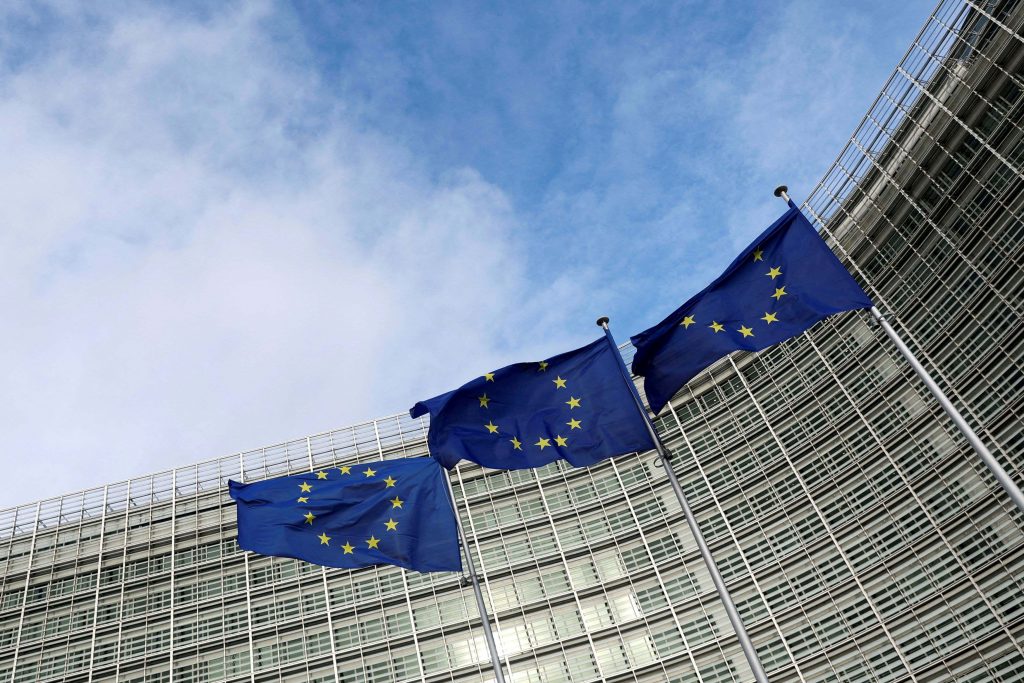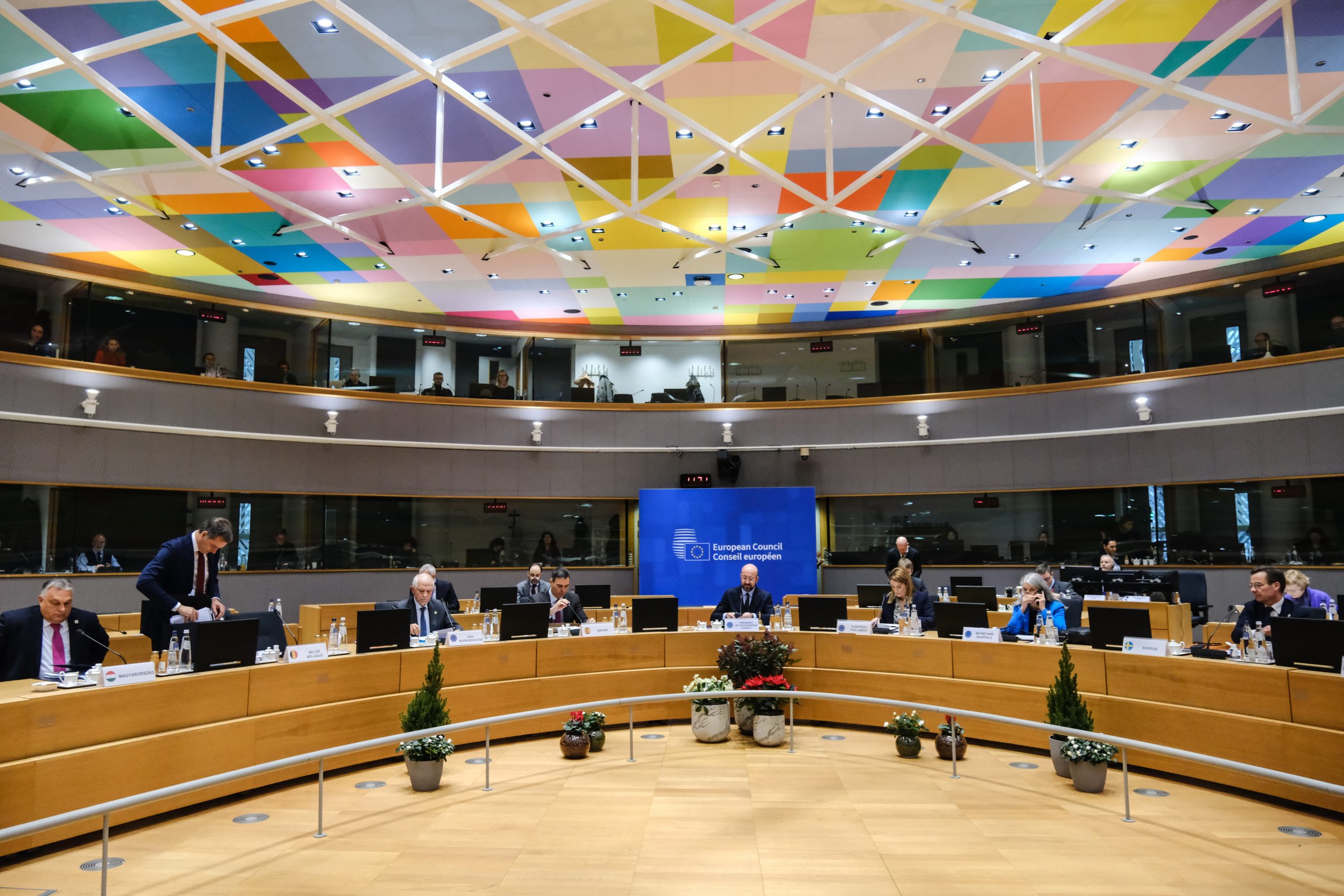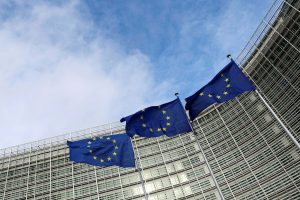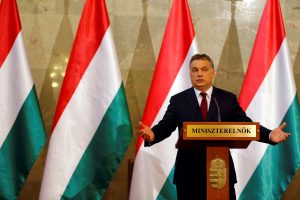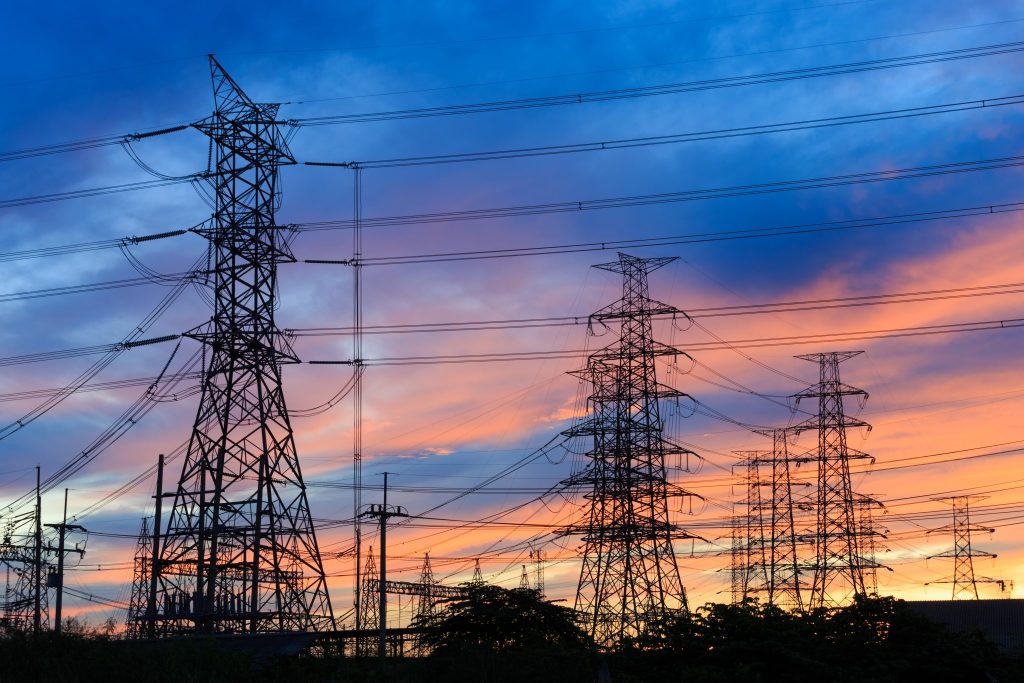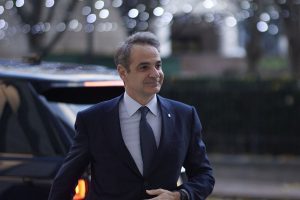The European Union on Thursday granted Ukraine and Moldova candidate status for membership, in a historic move that signals the bloc’s support for the two countries as they grapple with Russia’s invasion of Ukraine, but Hungary blocked the 50 bln euro aid package for Ukraine.
The decision, which was made by the European Council, the EU’s governing body, was met with widespread praise from political leaders and observers.
“This is a historic moment and shows the credibility and strength of the European Union,” said European Council President Charles Michel. “It is a powerful signal of the European perspective for Ukraine and Moldova and a clear message to Russia.”
The decision was not without its critics, however. Hungarian Prime Minister Viktor Orban, who has been a vocal opponent of Ukraine’s EU membership bid had said that he would not support the decision. Orban walked out of the room before the vote, effectively enabling the European Council to come to a unanimous decision, which was necessary for it to pass. The decision was ultimately approved by the 26 EU member states in attendance.
However, shortly afterwards Orban blocked the granting of 50 billion euros in aid to Ukraine.
“This is a victory for Ukraine,” said Ukrainian President Volodymyr Zelenskyy. “It is a victory for the whole of Europe.”
The decision to grant candidate status to Ukraine and Moldova is a significant step forward in their bids to join the EU. However, it is important to note that the process of accession can be lengthy and complex.
Candidate countries must meet several criteria, including the rule of law, democracy, and a functioning market economy. They must also implement some reforms to align their laws and regulations with those of the EU.
The European Commission will now prepare a detailed report on the progress of Ukraine and Moldova in meeting these criteria. The report will be submitted to the European Council in March 2024.
If the report is positive, the European Council could then recommend that the two countries begin accession negotiations.
The accession process is expected to take several years or even decades. However, the decision to grant candidate status to Ukraine and Moldova is a significant milestone that brings the two countries closer to EU membership.
Regarding the issue of awarding aid, Orban argued that the EU shouldn’t be doling out such large sums of money to countries that are not part of the bloc. Meanwhile other EU leaders have assured Ukraine they will find ways to get financial support to the country outside of the EU budget if Hungary continues blocking efforts.
